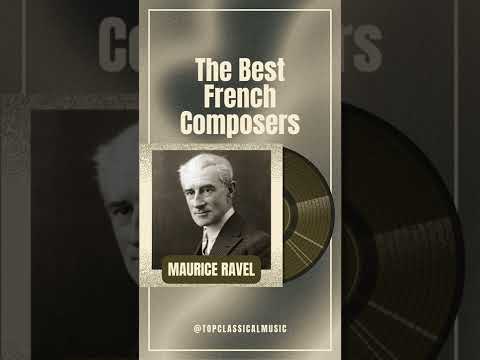
Rachmaninoff Biography – Music | History
Sergei Vasilyevich Rachmaninoff (1 April 1873 – 28 March 1943) was a Russian composer, virtuoso pianist, and conductor. Rachmaninoff is widely considered one of the[…]

Handel Biography – Music | History
George Frideric Handel (23 February 1685 – 14 April 1759) was a German-British Baroque composer well known for his operas, oratorios, anthems, concerti grossi, and[…]

Mahler Biography – Music | History
Gustav Mahler (7 July 1860 – 18 May 1911) was an Austro-Bohemian Romantic composer, and one of the leading conductors of his generation. As a[…]






